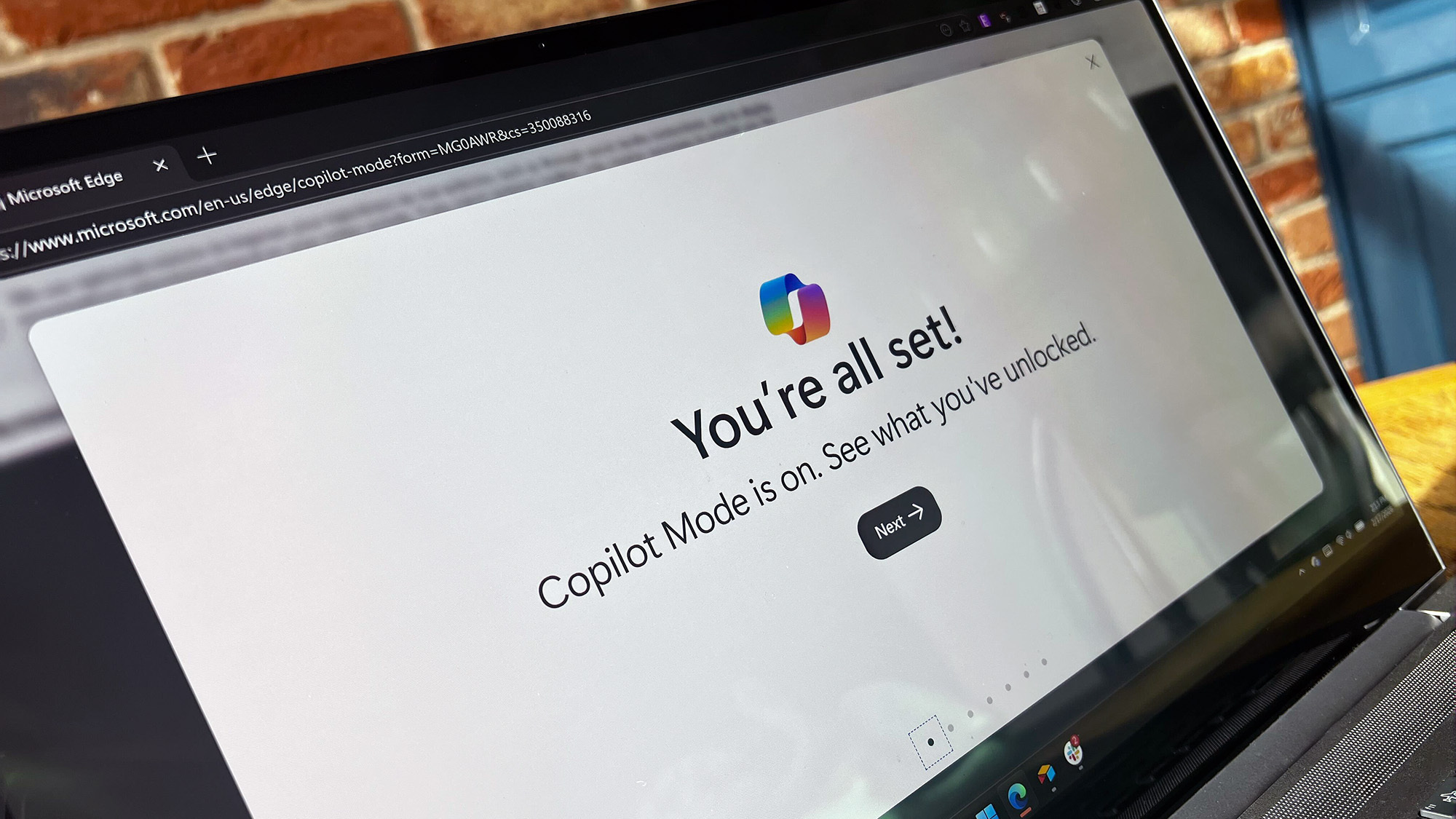Intel makes bold move with new names for its game-changing Meteor Lake processors
Goodbye ‘Core i’ processors and Generational numbering as Intel tries to make its brand portfolio easier to understand.
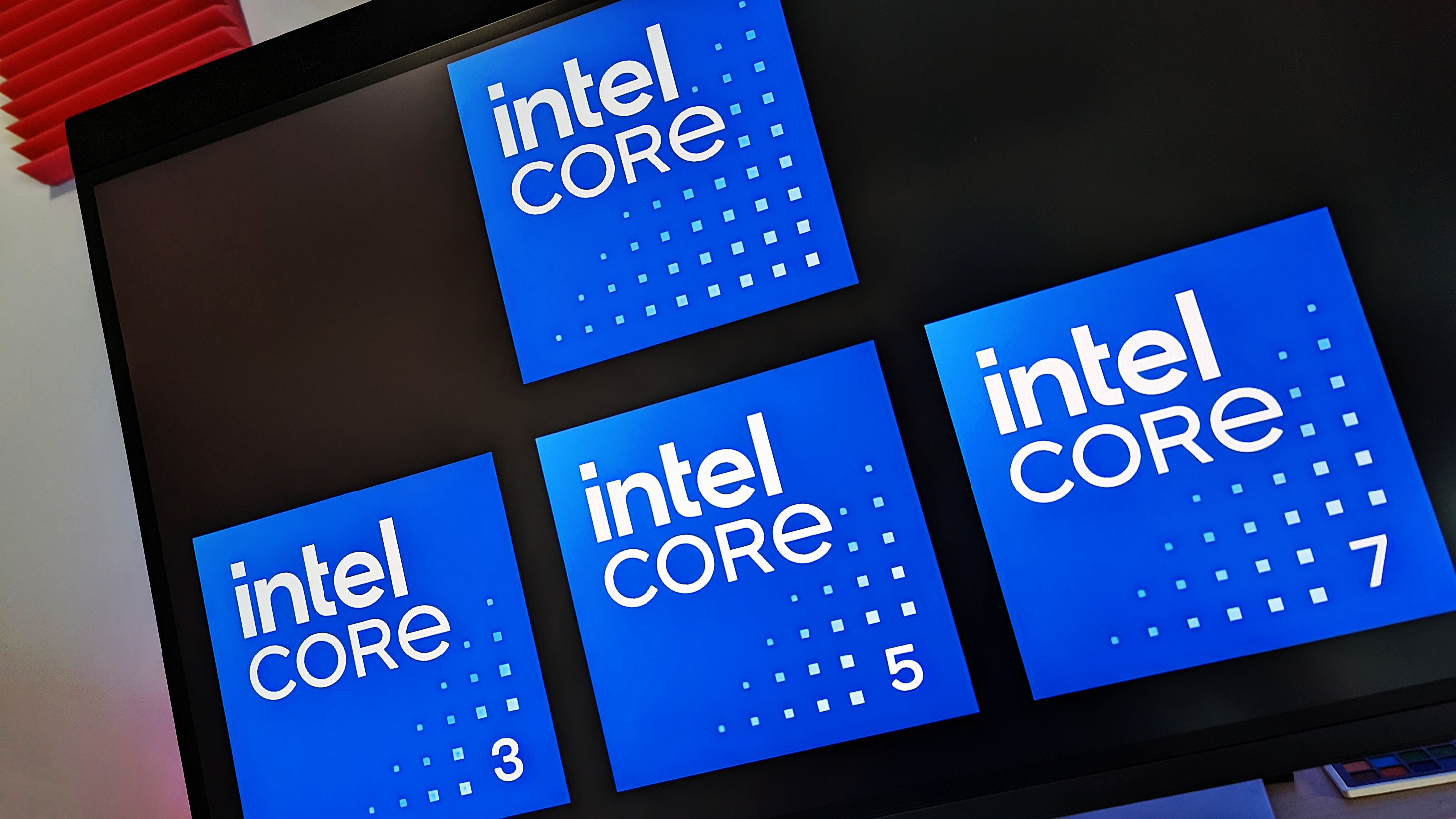
All the latest news, reviews, and guides for Windows and Xbox diehards.
You are now subscribed
Your newsletter sign-up was successful
What you need to know
- Intel is making its ‘most significant brand update in 15 years’ to its consumer processor lineup.
- The company is dropping ‘i’ and generational messaging in front of the Intel Core brand.
- Intel is introducing a new ‘Intel Core Ultra’ branding for “the most advanced client offerings.”
- Intel is also updating branding around Evo and vPro with Intel Evo Edition and Intel vPro Enterprise, and vPro Essentials.
- The branding changes will take effect with Intel’s next-gen Meteor Lake chips in the latter half of 2023.
Ahead of the anticipated unveiling of its next-gen Meteor Lake processors, Intel is shaking up the branding around all its consumer and enterprise CPUs to make things easier to understand. Indeed, with the 12th and 13th Gen, Intel introduced Performance-cores and Efficiency-cores, along with new U-, P-, and H-series mobile processors, which added more complexity to the new CPUs.
Toss in Intel Evo, Intel vPro, and seemingly long processor names like Intel Core i7-1355U, and it is all a bit much to understand.
Later this year, starting with Intel Meteor Lake, Intel is streamlining the whole naming architecture, ditching redundancies, and removing unnecessary verbiage. Rumors circulated earlier this spring about the change, which Intel later confirmed, noting it would share further details later on, which is what happened today.
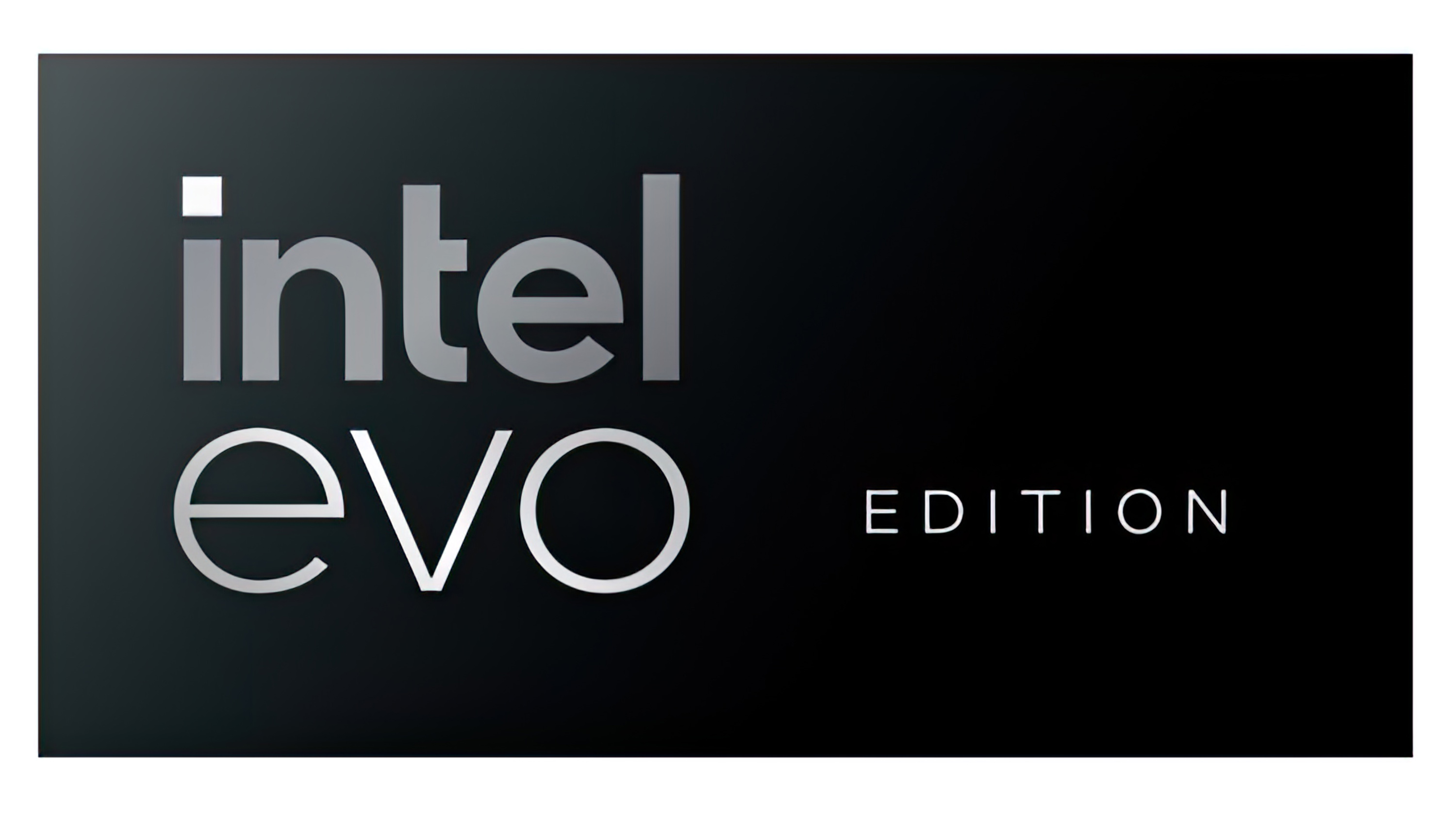
The Intel processor name changes include the following:
- It is dropping the ‘i’ from all Intel Core branding. Instead of Intel Core i7-1355U, it would be just Intel Core 7-1355U.
- No more ‘Intel 14th Gen’ labeling as the generation number is already included in the processor number, e.g., Core 7-1355U, where the 13 already reflects the 13th generation designation.
- They are introducing Intel Core Ultra processors for the highest-tier chips.
- The company also refers to Intel Evo-certified laptops as Intel Evo Editions.
The changes result in a more simplified approach to its processors:
- Mainstream Processor Brand Name = Intel Core processor.
- Processor tier = Intel Core 5 processor.
- Processor number: Intel Core 5 processor ##xxU/P/H, where ## designates generation number and xx processor number, with U/P/H for power-tier.
While Intel has not publicly committed to calling Meteor Lake its 14th gen chip, it seems likely (unless the company is doing a complete reset of generations). Assuming it goes with 14th Gen, a new mobile Meteor Lake chip could be named Intel Core 7 1455U, whereas a top-tier chip could be Intel Core Ultra 7 14700H.
Windows Central’s Take
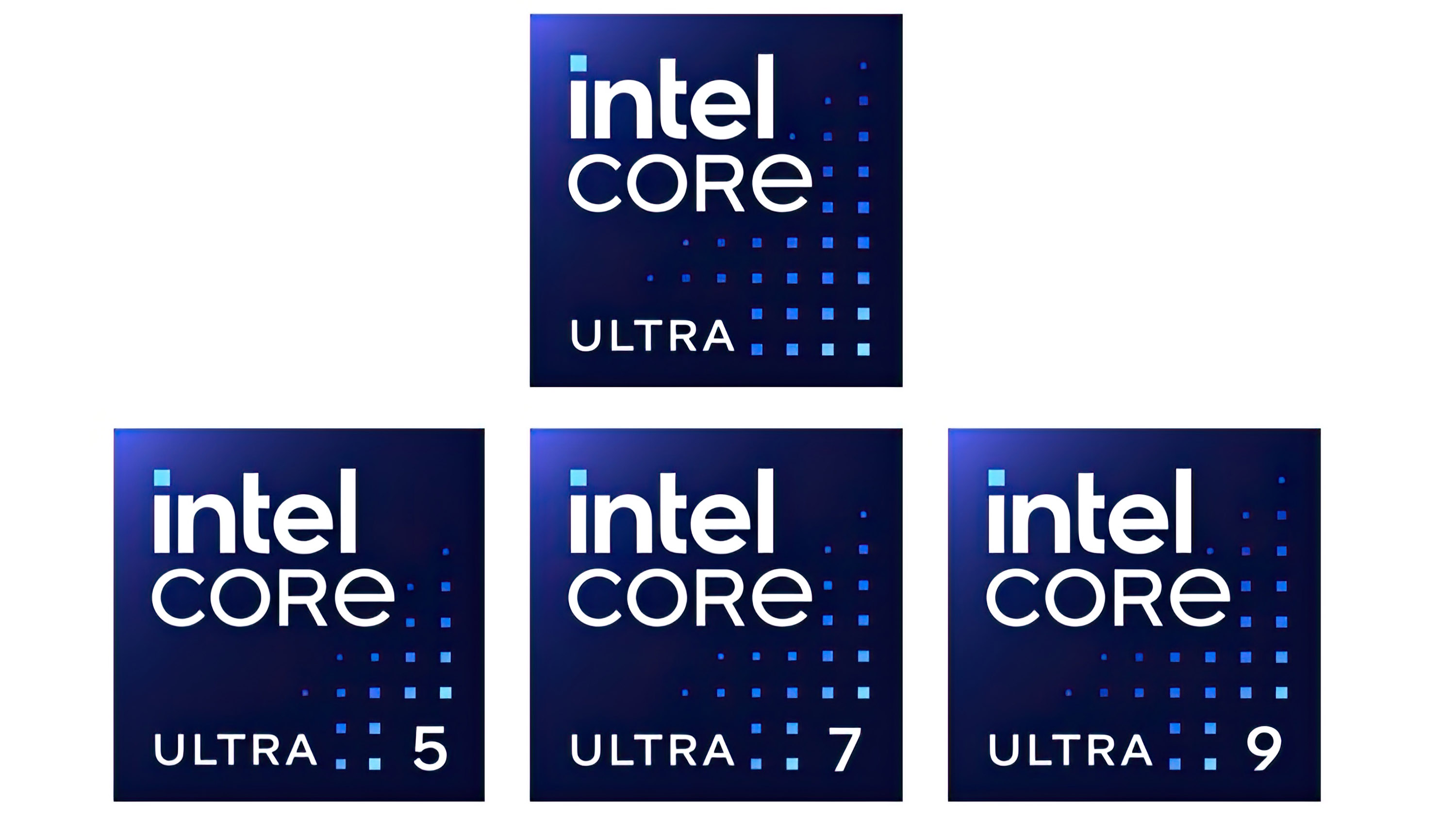
Intel has a tough problem with its processors in that it needs to have a variety of them for power limits, speeds, costs, and target audience (commercial vs. consumer), while also trying to keep naming minimal. The need for all the different processor types is driven by OEMs who want variability to hit numerous performance and price targets. At the same time, the latter is aimed at consumers who want an easy-to-understand naming schema.
All the latest news, reviews, and guides for Windows and Xbox diehards.
Apple has an advantage in this area with its processors named 'Axx' or 'Mx,' with the xx representing generational numbers, e.g., A14 or M2, and tacking on 'Pro' and 'Max' for its higher tier performers. When you buy a Mac, you can choose M2, M2 Pro, or M2 Max, which is very easy to understand.
But Apple also doesn't build its CPUs for anyone but itself. In turn, it only has a few models of laptops and desktop computers versus the hundreds (if not thousands) of PCs announced yearly.
Things are at least a bit easier with Intel's new naming schema. Redundant generational information and the useless 'i' are now gone, and we have Ultra to designate the highest tier (although what those processors are, remains to be seen when Meteor Lake is announced).
Overall, this is a good move by Intel. Now, let's hope Meteor Lake delivers on the power efficiency front, as it is expected to do, to catch or beat Apple.
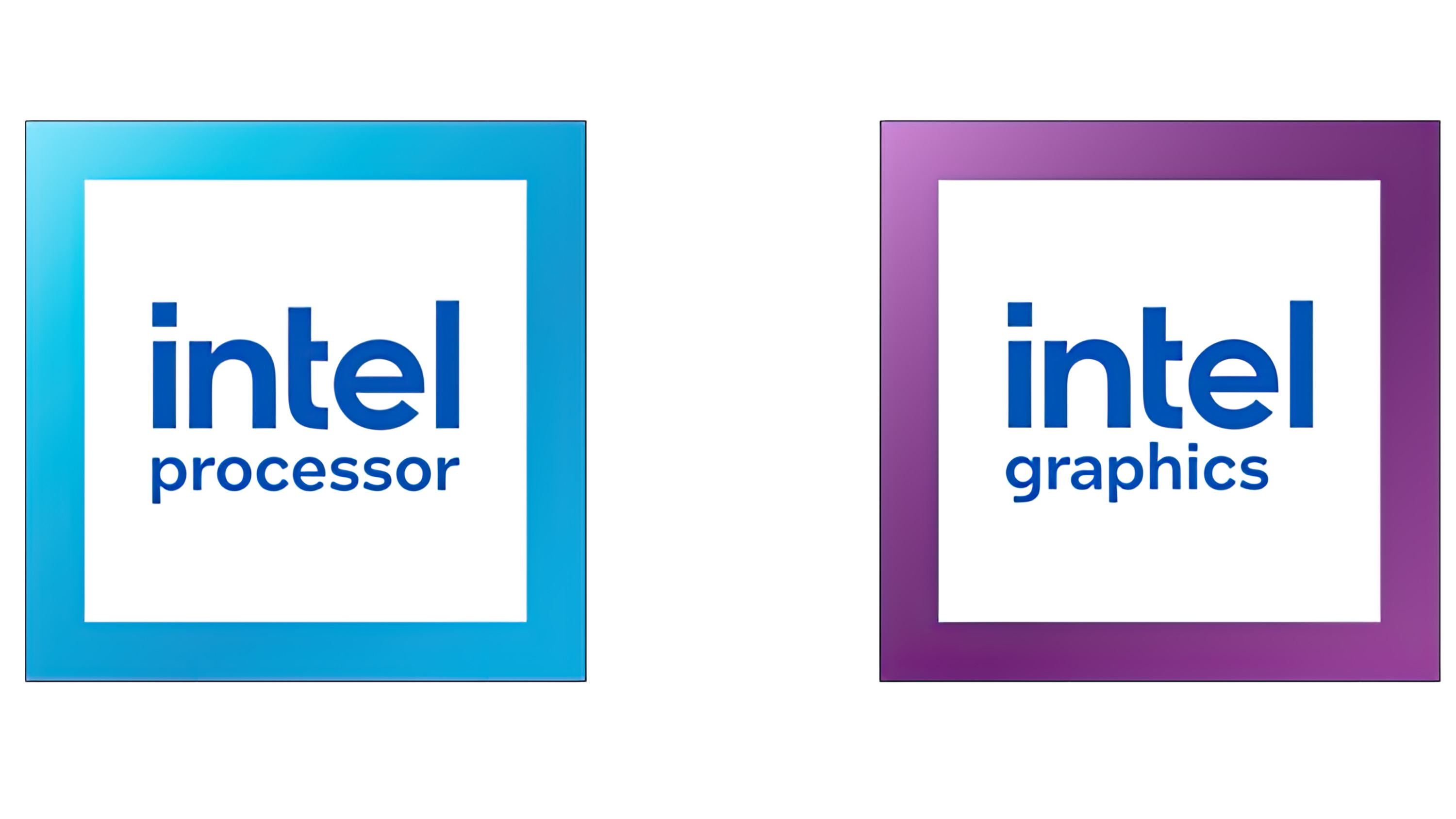
This isn't also the first time Intel has done this. In September 2022, the company ditched Celeron and Pentium branding for a much simpler (and rather generic) Intel Processor.
Recent rumors suggest Windows 12 and Meteor / Arrow Lake Intel chips will be specifically optimized for the new OS, which could appear in late 2024. Some of that likely pertains to Intel's VPU (Vision Processing Units), an AI accelerator said to be 10x as powerful for AI tasks compared to the CPU but only uses a fifth of the power. Windows 12 is expected to be more of an AI-driven OS, which makes sense with all its recent AI news, and Intel looks to play a big part in that launch. That said, Qualcomm's new Oryon processors and AMD's foray into AI will likely be formidable challengers.

Daniel Rubino is the Editor-in-Chief of Windows Central. He is also the head reviewer, podcast co-host, and lead analyst. He has been covering Microsoft since 2007, when this site was called WMExperts (and later Windows Phone Central). His interests include Windows, laptops, next-gen computing, and wearable tech. He has reviewed laptops for over 10 years and is particularly fond of Qualcomm processors, new form factors, and thin-and-light PCs. Before all this tech stuff, he worked on a Ph.D. in linguistics studying brain and syntax, performed polysomnographs in NYC, and was a motion-picture operator for 17 years.
